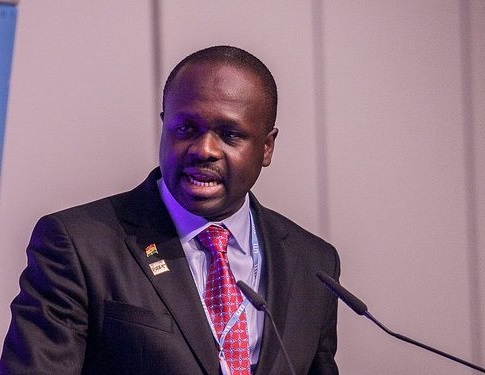Dr. Omane Boamah
It is for good reason that correspondence from some state departments are marked ‘restricted’ to underscore their security value or confidentiality.
The Armed Forces and other paramilitary entities including the Ministry of Defence are some of the establishments whose operations, because of their national security relevance, operate under a certificate of confidentiality.
It is not for flimsy reasons therefore that those who work in such places must exercise a high level of confidentiality in their interactions with the public.
When therefore a few days ago, the Defence Minister, Dr. Omane Boamah spoke about the state of the military’s equipment as being obsolete and disclosing also that some ammunition had gone missing, questions were posed whether he had forgotten the importance about the oath of secrecy he swore prior to taking office.
If the disclosures aimed at preparing our minds towards some major defence procurements, we think that the Minister failed. Even in Parliament, such sensitive disclosures of national security value are not treated like other matters on the floor of the House. The reason for such protocol is not far-fetched.
We are especially not in normal times, having been sandwiched between countries experiencing security restlessness occasioned by terrorist activities.
It is therefore important that those who are privy to important national security issues because of the state offices they head show maximum discretion in their public disclosures.
We appear to be too quick to announce the loss of state property.
We recall the Electricity Company of Ghana (ECG) containers and their attendant challenge on the public space. Eventually, however, it turned out that the containers were not lost after all. Some Indians were even paraded as suspects in the loss of the containers.
The temptation to turn to propaganda by those who have used this means in their political work is difficult to resist. That is why some politicians now manning critical state departments easily engage in unproductive rhetoric, and in so doing expose the country’s security underbelly to the rest of the world.
Why should non-security actors in the country be privy to the quality of our security equipment and to lay this out on the public space?
In a social media age, such disclosures are easy pickings by those on the hunt for such information.
If this blunder is not checked, more restricted stuff from our national security system will become public knowledge and the country would be the loser.
Some commentators think that disclosing the loss of ammunition belonging to the military is an invitation to men of the underworld to go out there and make contacts with those in possession of the stuff.
This is not what we want for our security architecture.


